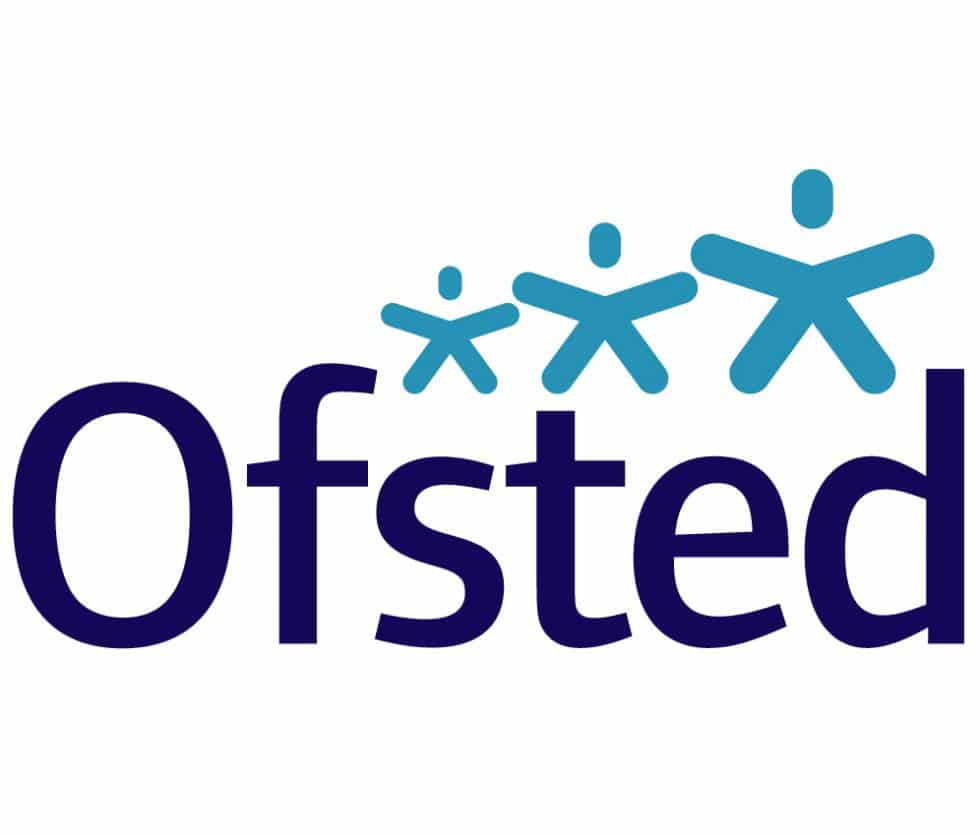Ofsted: Social Care – Registering Unregulated Provisions
Unregulated provision – strong oversight is required to ensure young people are safe, secure and doing well.
In December 2021, Amanda Spielman, Ofsted Chief Inspector, agreed to the government’s request that Ofsted should register unregulated provisions for 16- and 17-year-old children in care and care leavers.
Although supported accommodation remains unregulated, it is hard to predict when inspections will begin. Quality standards and regulatory oversight are crucial.
What Is Known About Supported Accommodation
To prepare and plan for their work in the unregulated provision sector, Ofsted sent a survey to local authorities in February 2022. They received a huge 97% response rate which showed:
- There are around 1,100 unregulated supported accommodation providers in England,
- About 66% of these operated in one local authority area,
- Approximately 46% of providers supported just one or two young people.
Regarding young people in unregulated supported accommodation, it was found that:
- They were living in around 3,400 settings,
- Approximately 1,700 were aged 16, and around 5,300 were aged 17,
- Provision was very locally or regionally based, with 92% living in the same region as their home area.
As anticipated, it’s a hugely diverse sector where accommodation can come in many shapes and sizes. Supported accommodation can mean single occupancy flats or larger hostel-type provisions that accommodate people over 18 who may not have care experience. This can include ‘supported lodgings’ in a private home or relatively small ‘group living‘ arrangements.
The Number of Young People in Supported Accommodation is Increasing
Based on their findings, Ofsted has deduced there are approximately 7,000 16- and 17-year-old looked after children living in supported accommodation. This number is close to the total amount of children living in children’s homes across England. The figure is steadily rising and is over double the total number of children in care who were reported to be in semi-independent or independent accommodation in 2014.
Local authorities encounter challenges in sourcing the proper care and support for children and young people. The lack of sufficiency contributes to the rise in young people in supported accommodation. Ofsted will operate in unison with the government and colleagues across the sector to help address this issue.
Ofsted’s findings are imperative in shaping policy thinking. Inspections will always focus on the experiences of young people. Whatever type of support young people receive should meet their individual needs, and any decisions taken on their behalf must be conscious of their best interests. Regardless of the wider policy context, necessary enforcement will be taken when practice falls short.
Preparation for Regulating
The government expects to implement the supported accommodation regulations by January 2023, the same time as the publishing quality standards. Ofsted will begin registering supported accommodation providers in April 2023 and conduct inspections in April 2024.
Ofsted will be consulting widely on their proposals for the inspection and will share more details soon. When they consult, they will do all possible to ask the right questions appropriately. Considering this, they expect to have the assistance of care experienced people to co-design their consultation. Their views on what constitutes good support are central to their thinking. The inspections must reflect young people’s priorities and aspirations.



